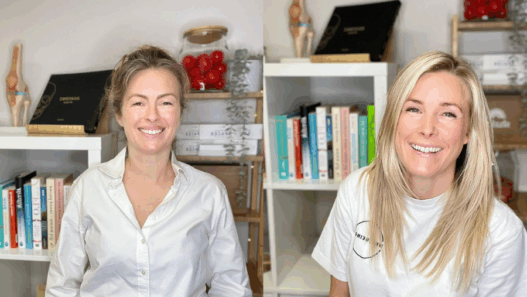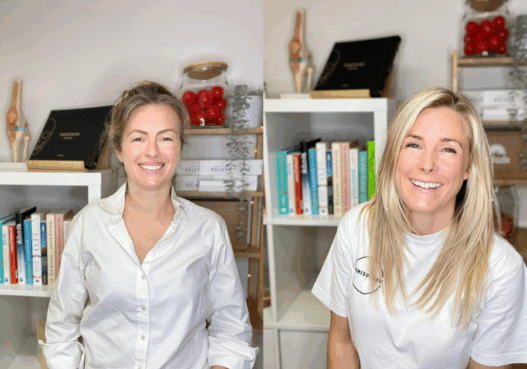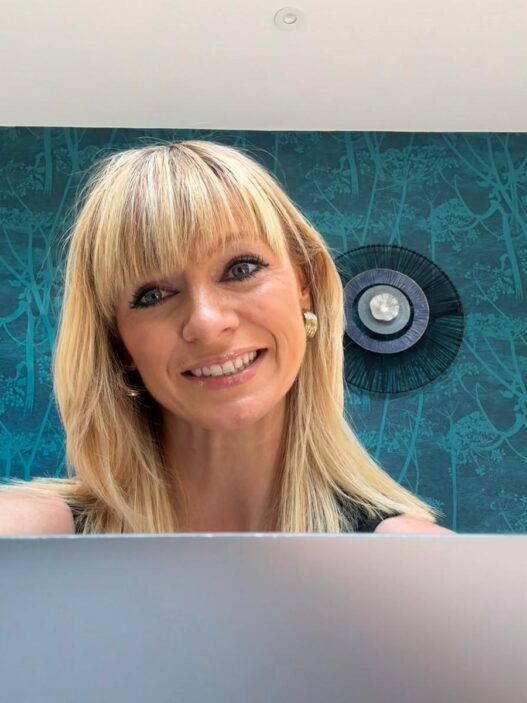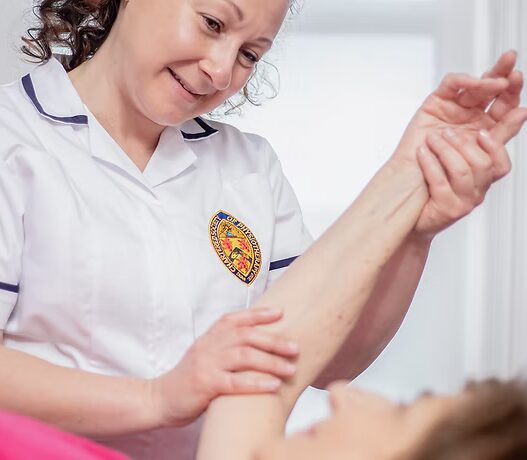If you’re a woman with ADHD, there’s a good chance you’ve felt like you are completely wiped out. Muscles tense, brain fog thick, every sound feels too loud and yet there’s a voice in your head saying, “You haven’t done enough today.”
You might lie on the sofa, but you don’t feel rested. You might cancel plans, then feel guilty. You try to explain to others that you’re exhausted, but you look “fine.”
Here’s the truth: rest isn’t lazy. And if you’re neurodivergent, rest is not just helpful, it’s essential.
What Fatigue Looks Like When You Have ADHD
People often misunderstand ADHD as a condition of too much energy. But for many women, it feels more like burning the candle at both ends, until there’s nothing left.
Here’s why:
- ADHD brains are often in a constant state of stimulation.
- You use executive function to do almost anything. Meal planning, remembering your keys, starting a text and that burns energy quickly.
- You might spend all day masking: appearing calm, focused, “together.”
- And if you’re also sensitive to sound, light, or touch? That’s another layer of sensory strain
So when the crash comes, it’s not just tiredness. It’s full-body depletion.
Fatigue Isn’t Just Physical: It’s Sensory
For neurodivergent women, rest isn’t just about “sleeping more.” It’s about stepping out of overwhelm.
You might feel:
- Tension in your shoulders, jaw or stomach
- Mental fog, forgetfulness, irritability
- Sudden need to hide in silence or darkness
- Intense tiredness after socialising or being in busy places
These are signs of sensory shutdown, not laziness.
Reframing Rest as Regulation
Here at Wellbeings, we work with many neurodivergent women whose pain, fatigue, and shutdowns have been misunderstood for years. What they often need isn’t just treatment, it’s permission. Permission to stop. To feel. To honour their limits without shame.
Rest isn’t passive. It’s regulation. It’s how your body resets and your nervous system returns to baseline.
5 Kinds of Rest Neurodivergent Women Often Need
- Sensory Rest – step away from noise, light, screens, or social spaces.
- Emotional Rest – let go of trying to manage others’ expectations.
- Movement Rest – try slow, rocking movement or walking in nature.
- Cognitive Rest – avoid multitasking and focus on one gentle task.
- True Stillness – not scrolling or reading, just being.
Why You Don’t Need to “Earn” Rest
You don’t need to collapse first.
You don’t need to check off a to-do list.
You don’t need a medical note or an explanation.
If your body says stop, believe it.
What Osteopathy Has Taught Us About Rest
In our work as osteopaths, we see it all the time: the subtle signals of a nervous system stuck in high alert. Hands-on osteopathy can help release these holding patterns. But real change happens when clients begin to notice their own rhythms when they stop waiting for permission, and start giving themselves what they need.
If You Need Rest Today, Here’s Where to Start
- Give yourself a pause without checking your phone
- Say no to one small thing you planned to do
- Put your hands on your chest and belly and breathe slowly
- Lie down with weight on your body, a blanket, a cat, your own arms
- Repeat this phrase: “Rest is not weakness. It’s how I rebuild.”
Final Word
Rest is not lazy. It’s smart. It’s powerful. It’s medicine.
And it’s how neurodivergent women rise, not by pushing harder, but by softening enough to hear what their body is really saying.
You’re allowed to go gently. And you’re allowed to stop.
We’re here when you’re ready.
Explore our neurodivergent-safe support at wellbeings.co.uk
Or join our early access list for ‘The Regulate and Rise Method
Calm for your body. Strength for your mind’.

Connie and Lily
Founders – Wellbeings, Alderley Park
Their approach addresses individual health needs, attending to the root causes of issues together with any current symptoms.
They are based in Alderley Park. Find them on our Women’s Health Club Directory.


















